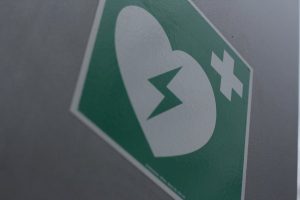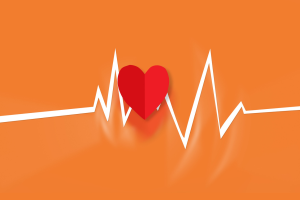10 Signs That Your Body Is Dehydrated

Your body needs enough nutrients to keep it healthy and energetic. However, the lack of sufficient food and water intake could be detrimental to your health. Water, in particular, is essential in keeping our body hydrated and well. Drinking less fluid than what you expel through sweat and urine could cause you dehydration.
Dehydration happens when the body lacks sufficient water to function well. While it is normal to lose a certain amount of water from the body through sweating and urinating, among others, dehydration happens when you have not replaced the lost liquid by drinking or eating food rich in water.
Dehydration ranges from mild to severe, depending on how much water that is lost from your body. Severe dehydration could threaten your life. Hence it is essential to keep track of the signs and combat them with treatment and ways to avoid getting dehydrated.
Dehydration Signs and Symptoms
1. Increased thirst
The urge to drink too much may be the result of a physical or emotional disease. Excessive thirst may be a symptom of Dehydration.
2. Dry Skin
Dehydration often causes dry skin. Due to the loss of water, your skin tends to be dull and tight. Moreover, your skin might take time to return to its normal appearance when pinched due to poor skin elasticity.
3. Dark Yellow Urine
One of the signs of dehydration is having a dark yellow urine. When you are dehydrated, the kidneys retain as much water as it can hold, causing less amount of water in your urine. Hence, the urine becomes darker and more concentrated.
4. Loss of Appetite
Nausea and general malaise caused by dehydration could momentarily cause you to lose your appetite. You may lose your appetite for food and drinks, which may further affect your fluid reserves.
5. Headaches
Mild dehydration could trigger a headache or a migraine. By continually drinking water, you could help relieve the pain caused by headaches.
6. Fatigue
Since your body has low fluid reserves, your brain signals your body to rest for a while. This is to lessen the loss of bodily fluids caused by strenuous activities.
7. Bad Breath
Since you lack fluids, you may not be producing enough saliva which helps in diminish the proliferation of bacteria in your mouth. One of the side effects of having not enough saliva includes a bad breath.
8. Lightheadedness
Severe dehydration could also trigger dizziness or lightheadedness. Due to the decreased blood flow to the brain, you find it difficult to stand straight without getting dizzy.
9. Fever
It is worth noting that you may experience fever and chills when you get severely hydrated. Usually, the higher your fever is, the more dehydrated you are. Dehydration fever develops in infants if there is a low intake of fluids.
10. Constipation
When you are dehydrated, your colon eliminates more water from your stool and sends the fluid to different parts of your body. This may cause constipation and slow bowel movements.
Treatment
Dehydration could be treated at home in a variety of simple ways. Primarily, you have to take a rest to reduce the loss of water through sweat. Drink several fluids to replace the lost water from your body. As much as possible, you have to drink at least ten glasses of water or rehydration drinks every day.
To avoid future occurrences of dehydration, you could even avail of smart home technology to help you determine at an earlier stage if you have an impending dehydration. A sensor is a technology which could be worn to help you identify whether you are at risk of getting dehydrated or not.
Conclusion
If you feel like you have the signs of dehydration, combat them immediately by rehydrating yourself. This could help you be healthy and energetic, without the risk of losing many bodily fluids.






